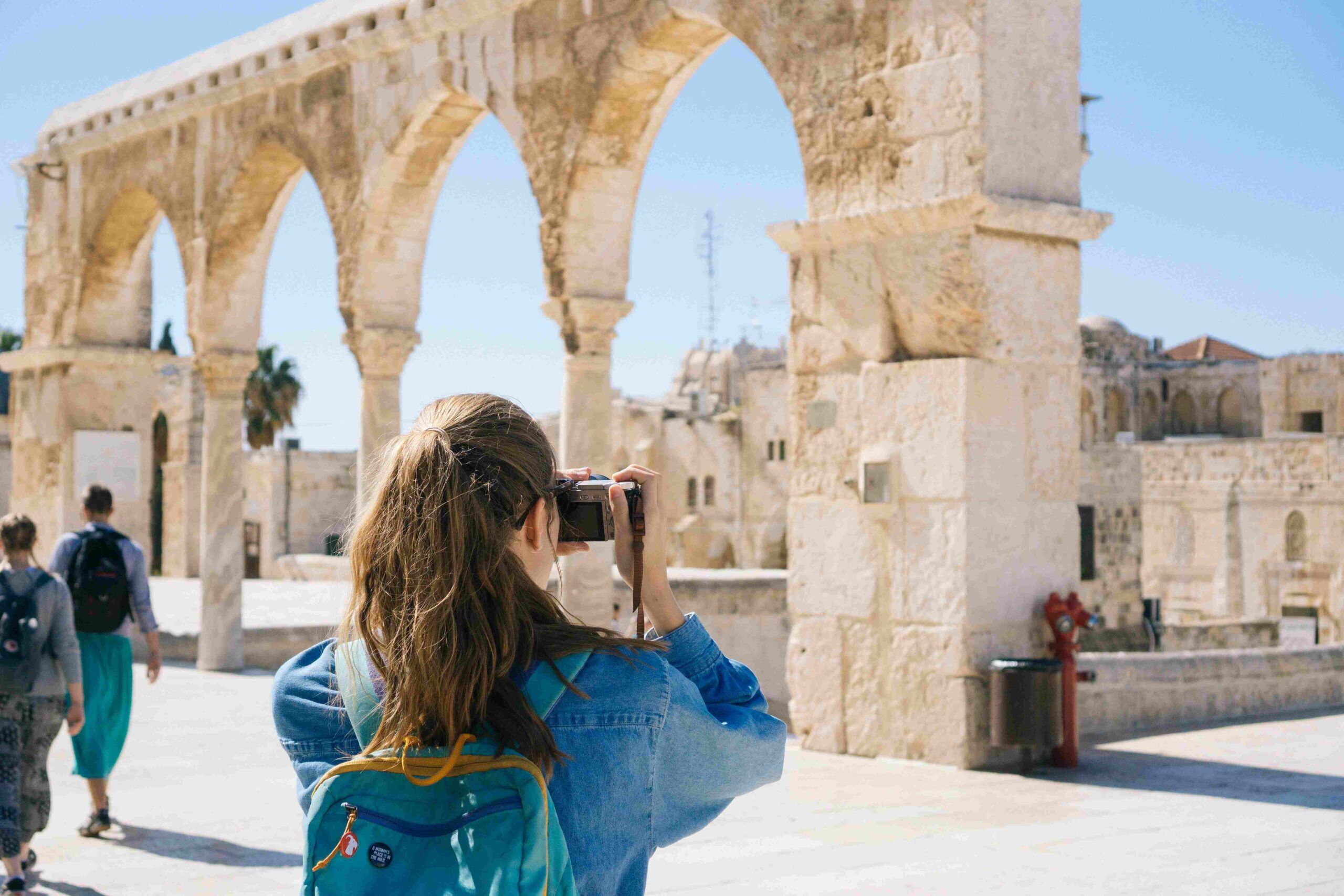
How Travelling Alone Can Transform Your Perspective
Article Level: C2
Explanation: Travelling alone is a transformative experience that fosters independence, self-reflection, and cultural awareness. It challenges assumptions, builds resilience, and offers clarity, helping you reconnect with yourself and see the world through a broader, more mindful lens.
Commonly Used Words from the Article
-
Introspection /ˌɪn.trəˈspek.ʃən/ (noun): The act of examining one’s own thoughts or feelings.
Solo travel encourages deep introspection and self-awareness.
-
Resilience /rɪˈzɪl.jəns/ (noun): The capacity to recover quickly from difficulties.
Dealing with travel mishaps alone builds emotional resilience.
-
Autonomy /ɔːˈtɒn.ə.mi/ (noun): Independence or freedom of decision.
Travelling alone enhances your sense of autonomy.
-
Nuanced /ˈnjuː.ɑːnst/ (adjective): Characterised by subtle differences in meaning or expression.
The article presents a nuanced view of solo travel.
- Echo chamber /ˈekəʊ ˌtʃeɪm.bər/ (noun): An environment where a person encounters only beliefs or opinions that reflect their own.
Solo travel breaks the echo chamber of daily life.
Audio File of the Article

How Travelling Alone Can Transform Your Perspective
In an increasingly interconnected world, the idea of solitude may seem counterintuitive. Yet, travelling alone has emerged as a powerful means of personal growth and transformation. Beyond the logistical freedom and spontaneity it offers, solo travel invites a deeper introspection and a more profound engagement with the world.
Firstly, when you travel alone, you become solely responsible for your choices. From navigating foreign transport systems to deciding how to spend your day, every action becomes an exercise in independence. This autonomy fosters a sense of confidence that transcends the journey itself, often spilling into one’s personal and professional life long after the trip ends.
Moreover, solo travel dismantles the echo chambers we often inhabit. Stripped of familiar voices and routines, you’re more likely to engage with locals and fellow travellers, forging connections that might not occur in the comfort of a group. These interactions can challenge preconceived notions, broaden your cultural awareness, and ultimately alter how you interpret the world.
There is also an unmatched clarity that comes with solitude. Removed from the distractions of daily life, you gain the rare opportunity to reflect on your values, goals, and priorities. Many solo travellers report a renewed sense of purpose or a shift in perspective, prompted not by dramatic events but by the quiet moments between destinations.
Additionally, navigating unfamiliar environments on your own sharpens problem-solving skills and resilience. Whether it’s handling missed flights or deciphering an unfamiliar language, such experiences cultivate adaptability and patience—traits essential not only for travel but for life’s broader journey.
Finally, solo travel nurtures a deeper appreciation for presence. Without someone else dictating the pace or itinerary, you can immerse yourself fully in each moment—whether watching a sunset over the ocean or sipping coffee in a bustling street café. This mindful engagement often leads to more meaningful memories and personal insights.
In essence, travelling alone is more than just a physical journey; it is a profound voyage into the self. It compels you to confront your assumptions, embrace discomfort, and ultimately emerge with a richer, more nuanced view of the world and your place within it.

Grammar Notes
- The article predominantly uses complex sentence structures, relative clauses, modal verbs (e.g., may, might, can), and present perfect (e.g., has emerged, have reported) to express nuance and sophisticated ideas.
Grammar Lesson – Relative Clauses:
Relative clauses provide extra information about a noun without starting a new sentence. They often begin with who, which, that, or where.
Example: Travellers who embrace solitude often discover hidden strengths.
Relative clause: who embrace solitude — it adds more detail about “Travellers.”

Five Questions Based on the Article
-
In what ways does solo travel encourage a shift in personal perspective?
-
How does travelling alone impact one’s problem-solving abilities?
-
What role does solitude play in fostering clarity and self-reflection during solo travel?
-
Why might solo travel lead to more authentic cultural interactions than group travel?
-
How can experiences gained through solo travel influence other areas of life beyond the journey?

We’d love to hear your thoughts! Join the conversation by leaving a comment below. Sharing your insights, questions, or experiences can help you connect with others in our English learning community. It’s a great way to practice your English skills, engage with like-minded individuals, and improve together. Don’t be shy—jump in and let’s keep the discussion going!

 EnglishMasteryHub
EnglishMasteryHub